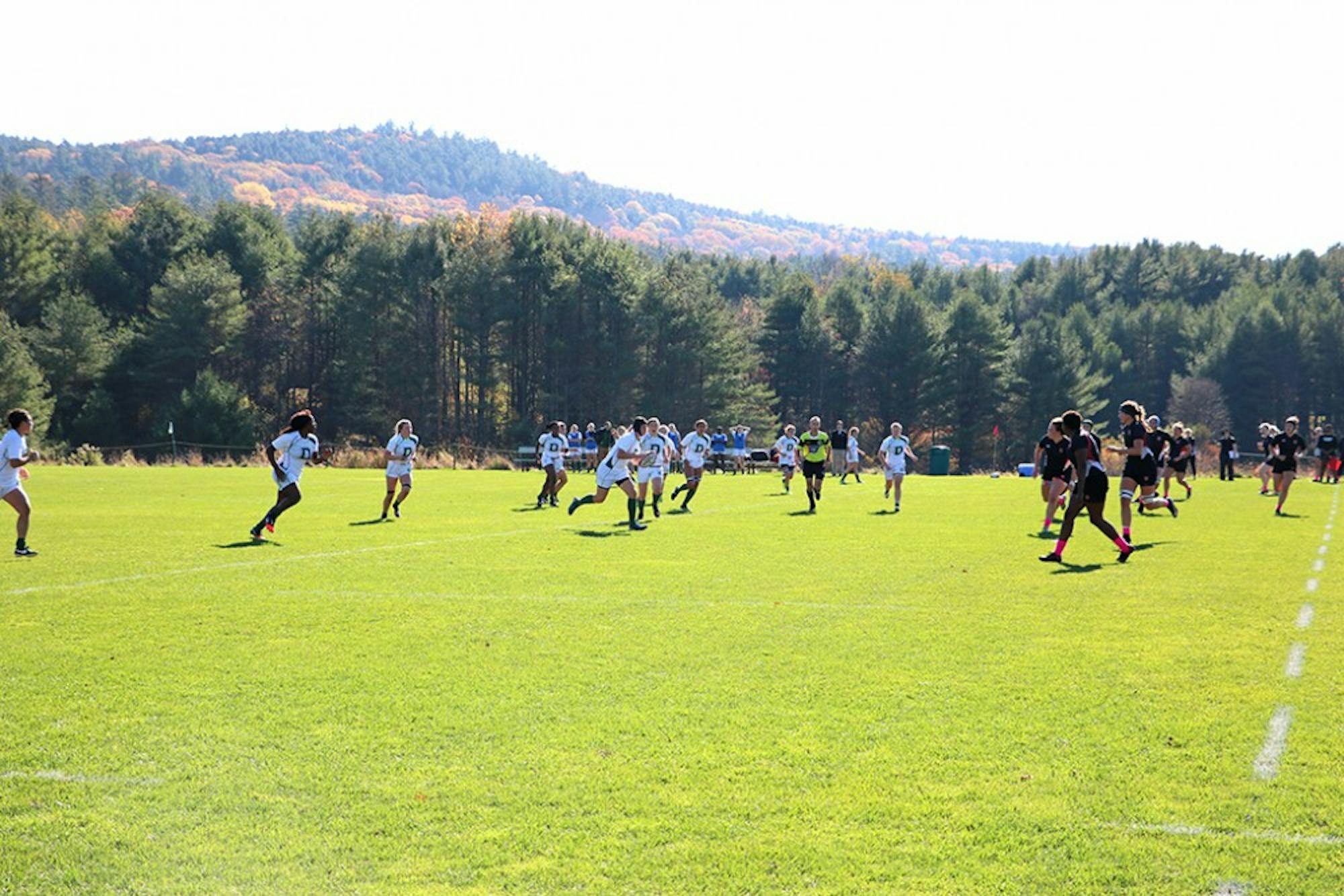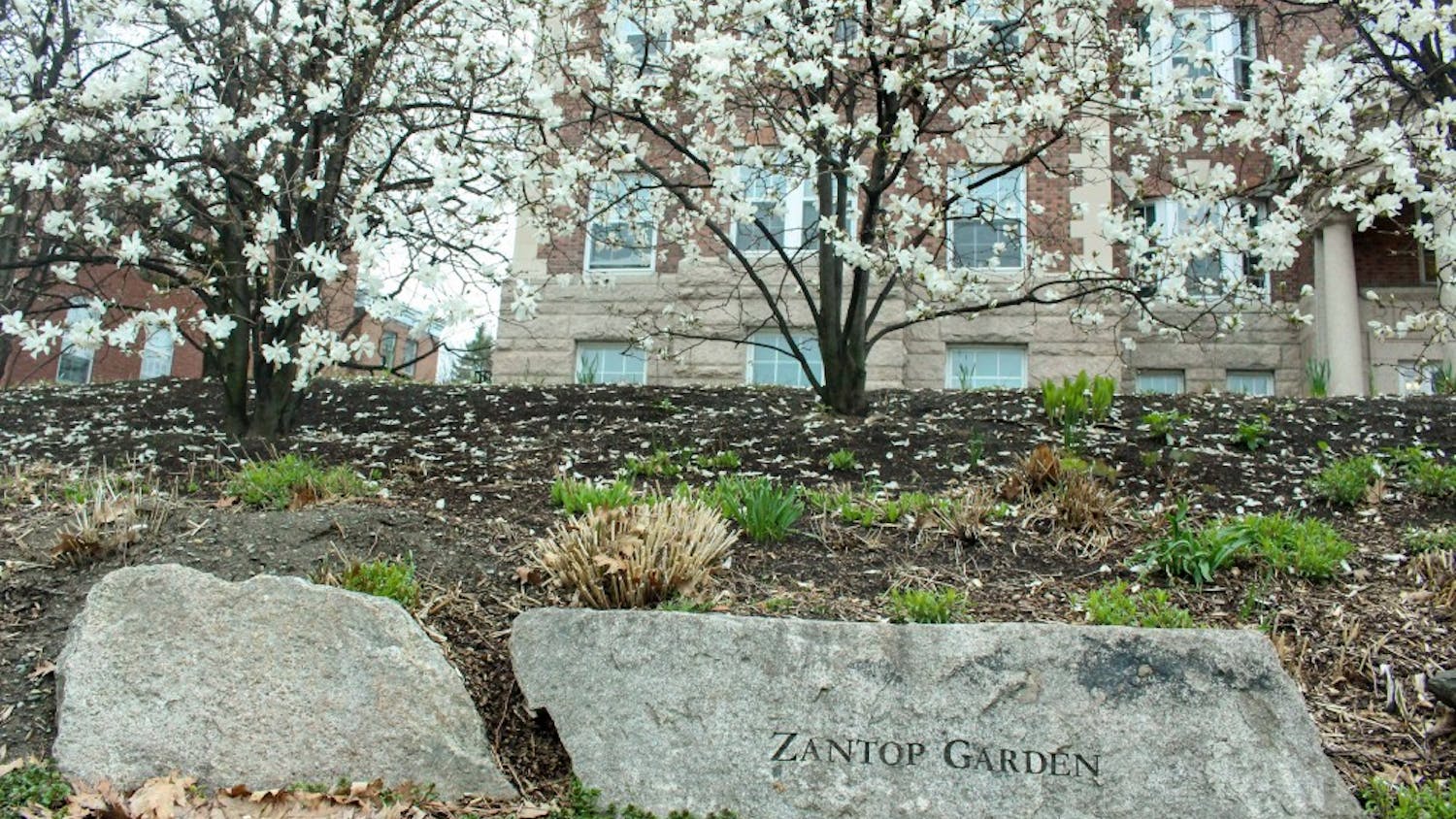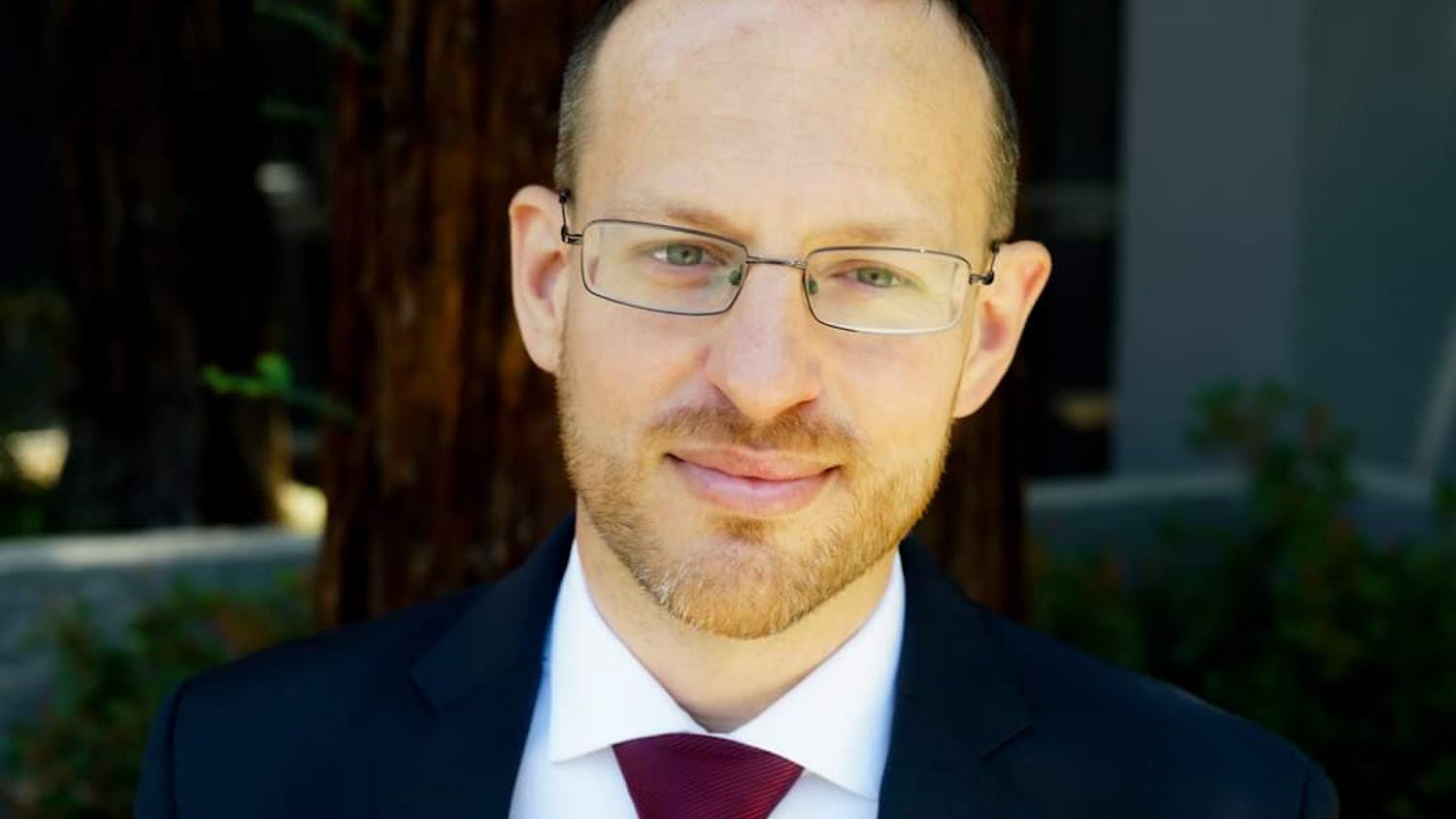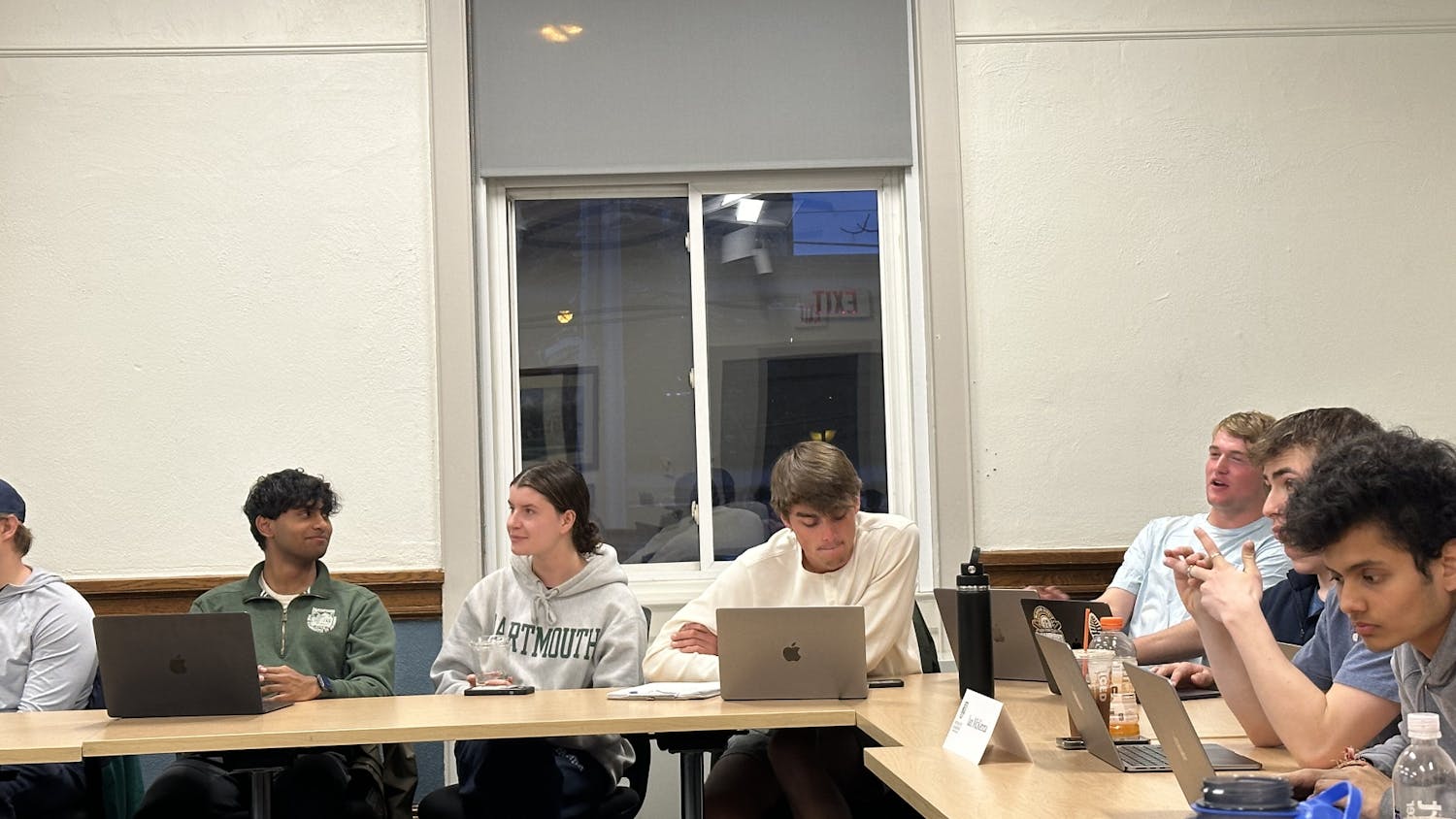Rugby: a physically, mentally and emotionally demanding sport.
On campus, transitioning from a club sport to a varsity sport has provided opportunities for women to become better equipped in all three categories. This transition has affected the overall performance and success of the team.
“It’s a completely different team,” Isis Cantu ’19 said. “It changed into an effective and efficient program that is organized and cohesive, yet it’s still free flowing enough to allow every individual to follow the same guidelines. It’s very creative in that way.”
Since becoming Dartmouth’s 35th varsity sport in 2015, it has since been immensely successful, ranking number one in the nation.
One of the changes that comes along with transitioning to varsity is hiring new, full-time coaches.
“We have coaches coming from a really high level of play and experience,” Lily Zhang ’18 said. “Their coaching ability is definitely way up there. It is undeniable that we are improving at an increasing rate.”
Head coach Katie Dowty, a 2006 Harvard University graduate, was a player and captain for the Crimson. She was also a member of the USA rugby national team from 2010 to 2014 and was named Goff’s Rugby Report’s 7s Player of the Year in 2011.
“She herself was a very successful rugby player and she knew what a championship culture looked like and she knew what she needed to implement,” Cantu said. “I honestly just think she loves the game and loves sharing it with people.”
While creating a championship culture, Dowty also incorporated in time for the players to build a team off the field.
“We went on a cabin retreat a few days before spring term started,” Katie Fuhs ’18 said. “We talked about our values as a team, and we often have meetings about team culture and what we want that to look like.”
Contrary to a hierarchy that may be expected in varsity sports, the women’s rugby team has a leadership team which is comprised of six players elected by their teammates.
“What we want to do with the leadership [team] is for it to be a way to bring out the leadership in the underclassmen or other people on the team,” said Frankie Sands ’19, co-captain and member of the leadership team. “That’s what it was established for, to promote leadership within the team.”
While establishing leadership roles and interpersonal relationships, the team has become known for its welcoming and supportive environment. This includes welcoming and connecting with women who have never played rugby as well as more experienced players.
Fuhs originally played varsity soccer for two years then switched to rugby, a sport she said she had never heard of until she came to Dartmouth.
“I was really unhappy with soccer and the team dynamics,” Fuhs said. “I quit soccer on a Monday and I joined rugby that Tuesday. It was the best decision I’ve made here at Dartmouth.”
Fuhs said the soccer team has changed since she quit, but at the time had an exclusive vibe.
“It just wasn’t for me,” she said. “That’s where I was coming from, I’ve always heard that rugby had this magical environment that was very accepting. It’s a great community to be a part of. When I joined, the girls were so inviting and willing to teach me how to play rugby. I had no idea what I was doing, and they were so willing to teach me. I couldn’t believe how invested the coaches and the players were in me.”
Sands originally played rugby for Norwich University and decided to transfer to Dartmouth after two years. When Norwich and Dartmouth played the quarterfinal game to decide which team would go to the national championship in 2015, Sands scored the winning point for Norwich and defeated Dartmouth.
“The next year I came and was like, ‘Sorry guys,’” Sands said. “It was not as bad as I thought it would be. I was really nervous coming in. I was coming in this weird gray area of being an ’18 but like a ’20.”
While efforts have been made to welcome all regardless of experience or previous teams, going varsity has inevitably excluded certain populations of women at Dartmouth.
Being on a varsity sports team is a daunting time commitment when while working to support yourself and studying.
“One stance I want to see the team improve on is reaching back and reflecting on the amount it takes to be a part of a varsity athletic program,” Zhang said. “And to know that the alum[ni] and the people who used to be on this team may not have had that. When we transitioned, we had a member shift of the distribution of the type of people who were able to keep playing rugby.”
Transitioning to a varsity sport means there is better funding and accessibility to equipment for the team, but it also resulted in a major time commitment change.
The overall success of the team can be attributed to the transition to varsity status, the experienced coaches and the dedication and hard work of the players.
“The sport and the people in general have taught me how to love myself,” Eva Klein ’20 said. “There’s a position for everybody, we welcome all kinds of people. There’s no mold to fit.”
Skyler Kuczaboski is a '21 from Saint Paul, Minnesota. While she's not sure what she wants to major in, she is currently interested in psychology, sociology, creative writing, Native American studies and pre-med. When she's not studying or writing, Skyler enjoys reading, watching movies, beading and learning the Ojibwe language.




